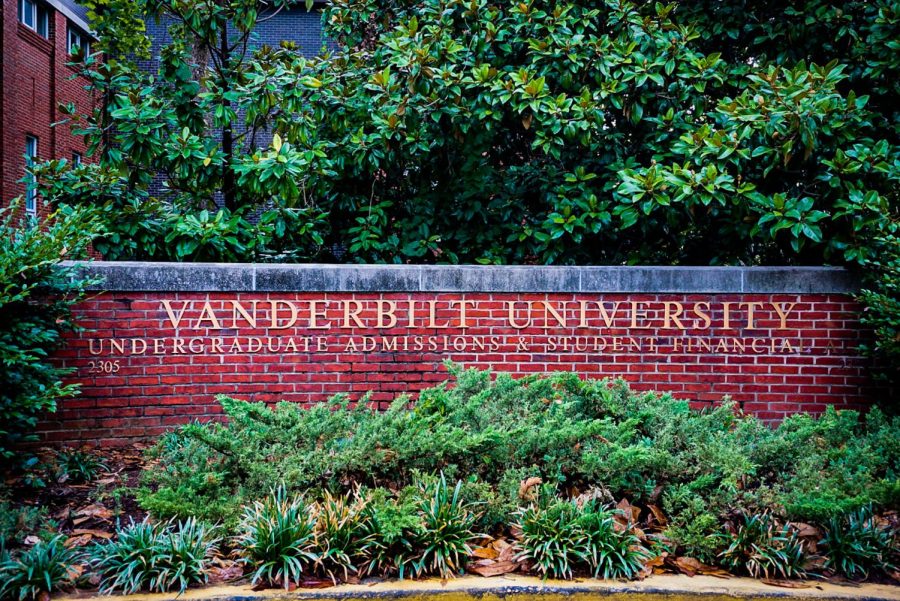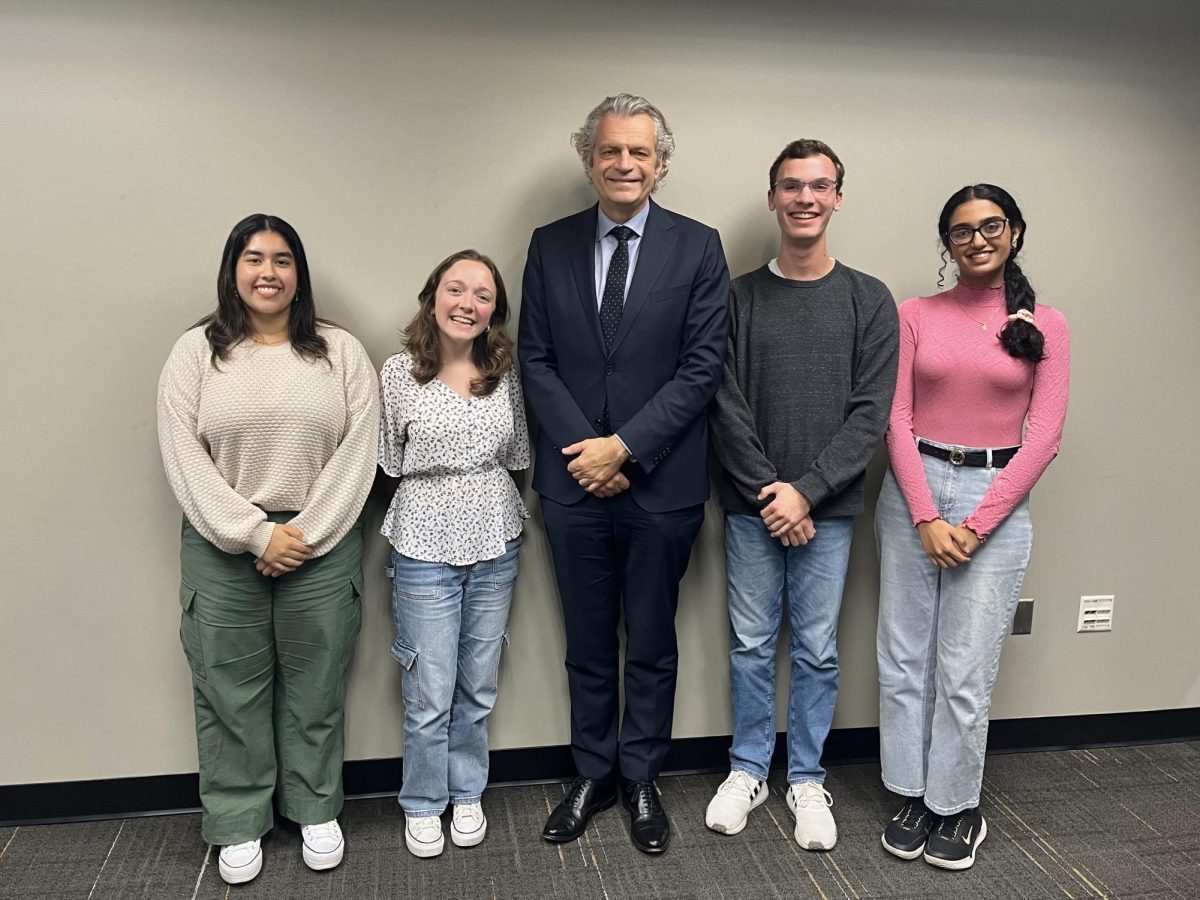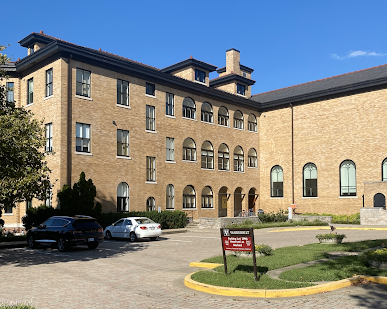Vanderbilt reported an annual endowment of over $10.2 billion in its 2022 financial report, a $700 million decrease since 2021. The 4.4% decline follows a 57.1% increase the year prior.
Vice Chancellor for Investments and Chief Investments Officer Anders Hall said the decline in endowment return is not as extreme as those of peer institutions. Brown University, which is tied with Vanderbilt at No. 13 on the U.S. News list of Best National Universities, reported a 4.6% decline this year following a 51.5% increase in 2021. Similarly, Dartmouth College, ranked 12th, saw its endowment increase by 46.5% in 2021 but decrease by 3.6% in 2022. Rice University, ranked 15th, has not released information about its endowment for this year.
“While down 4.4% in fiscal 2022, many of our peer endowments posted investment losses in the double digits,” Hall said in an email to The Hustler.
Hall attributed the decrease in the endowment this year to major shifts in global capital markets. Reports on U.S. university endowments state that they collectively fell by an average of 7.8% in 2022 following a median increase of 30.1% in 2021.
“The global capital market environment was very different in fiscal year 2021 than in fiscal year 2022,” Hall said. “In fiscal 2022, capital markets suffered, particularly in the back half of the fiscal year. Global equity markets returned -16%, and U.S. bond markets suffered losses (down 10%) as long-term U.S. Treasury yields rose and credit spreads widened.”
According to the financial report, another reason for Vanderbilt’s negative return is an increase in endowment distributions from $348 million invested in research projects and campus programs in 2021 to $374 million distributed in 2022. The report also cites the “ongoing” COVID-19 pandemic and global attempts by major banks to halt rising inflation as sources for this year’s stagnation
“These challenges will, from time to time, present chances to be opportunistic in deploying new investments,” the report reads. “Meanwhile, Vanderbilt has built a sturdy foundation for the endowment by collaborating with some of the world’s best investment managers across all asset classes.”
Even with the decline in market value, Hall said Vanderbilt will likely not see major changes in the investment of the endowment due to the university’s use of a “three-year rolling average” to calculate the value of the endowment and make choices about its distribution.
“We maintain a very long-term investment philosophy, so the endowment’s investments don’t change radically from one year to the next,” Hall said.
The report also included a letter from Chancellor Daniel Diermeier in which he praised the endowment’s investment in research projects and the Destination Vanderbilt recruiting initiative. Diermeier said the university, along with Vanderbilt University Medical Center, earned over $1 billion in investments to fund research projects. Specifically, he cites studies on monoclonal antibodies and a “smart highway” in Nashville as initiatives that the endowment funded.
“Founded to be a great university of the South, Vanderbilt is now positioned to define The Great University of the 21st Century—one true to the ideals of what a university should be, with an impact that is local, national and global,” Diermeier said in his letter.













